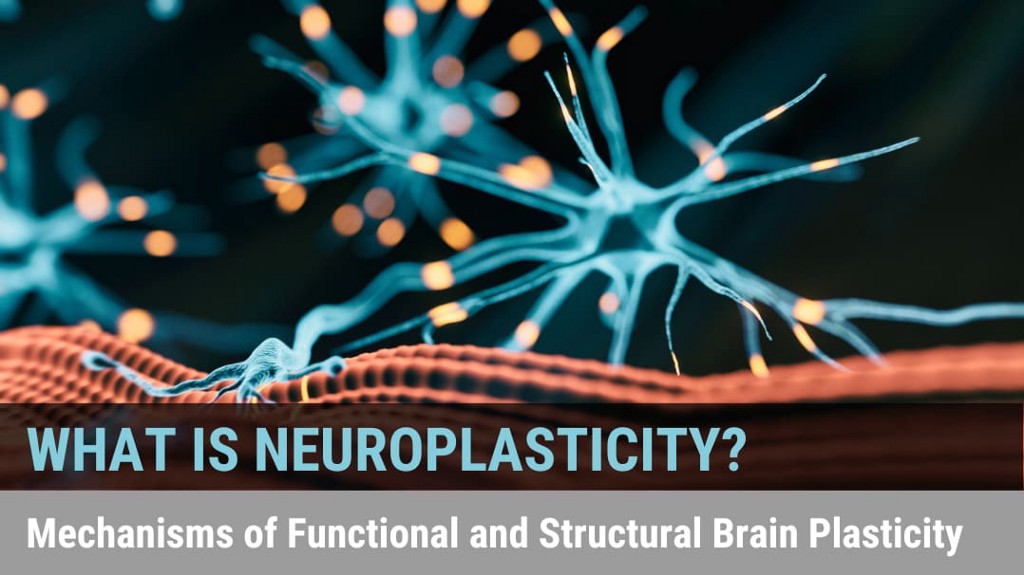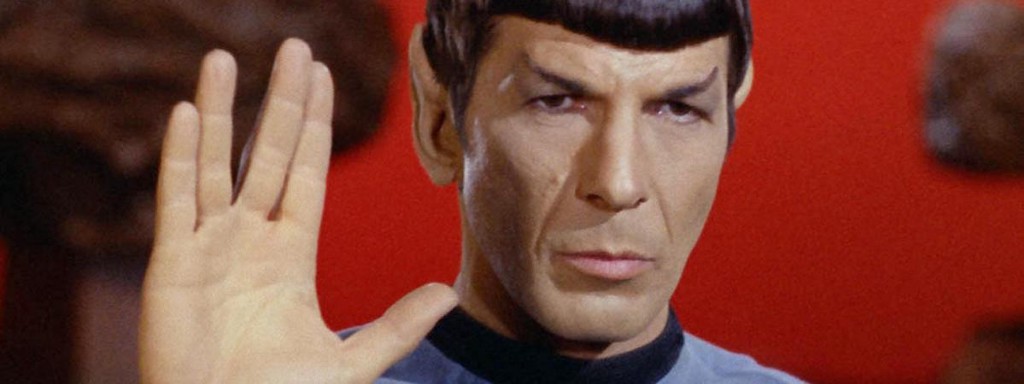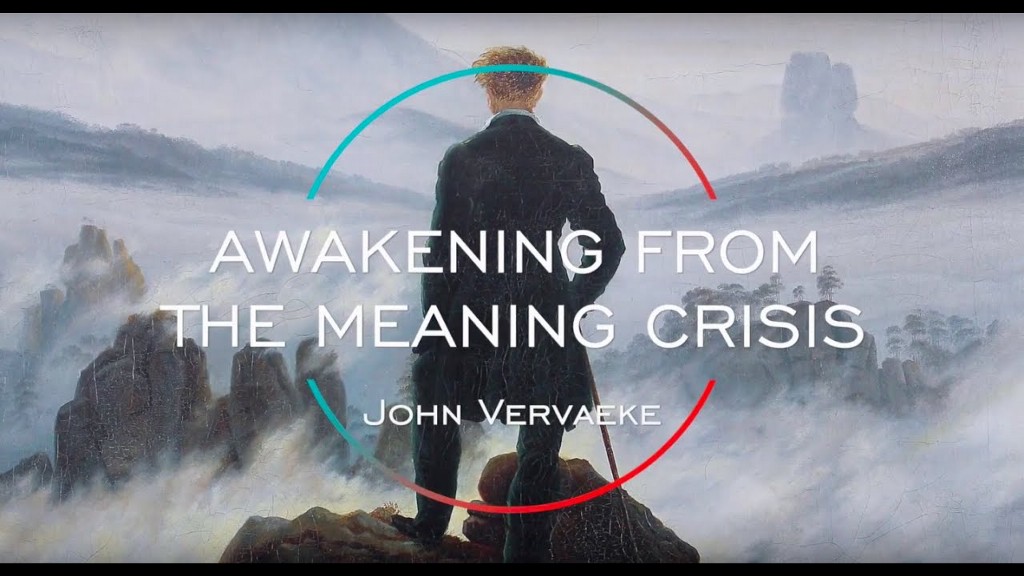
By: The Posts Author | Posted on: 18 Jul 22
One of the most remarkable properties of the brain is its capacity to adapt at a functional and structural level in response to our environment and life experiences-it’s what allows us to learn, create memories, acquire skills, and adjust our behavior. This malleability of the brain is known as neuroplasticity or brain plasticity.Until recently, it was believed that it was mostly at a functional level-through synaptic plasticity-that the adult brain could change. But the development and refinement of brain imaging technology has indicated that neuronal networks in the adult brain retain the ability to structurally remodel their connectivity-through synaptic remodeling
One of the most remarkable properties of the brain is its capacity to adapt at a functional and structural level in response to our environment and life experiences-it’s what allows us to learn, create memories, acquire skills, and adjust our behavior. This malleability of the brain is known as neuroplasticity or brain plasticity.Until recently, it was believed that it was

By: The Posts Author | Posted on: 9 Mar 20
A short commentary on John Vervaeke’s Awakening from The Meaning Crisis (Episodes 43, 44, and 45)In the present meaning crisis, according to John Vervaeke, we tend to ‘conflate the having mode with the being mode‘—or mistake the ‘product’ for the ‘process’—the shallow representation for the real. Wisdom means to know and love what matters deeply. But wisdom, like love, is not something we can have or acquire — it is deeply existential, complex, and about being in the world.Vervaeke points out that while there are many valid scientific or psychological theories of wisdom, they too often focus on the product of wisdom—rather than the
A short commentary on John Vervaeke’s Awakening from The Meaning Crisis (Episodes 43, 44, and 45)In the present meaning crisis, according to John Vervaeke, we tend to ‘conflate the having mode with the being mode‘—or mistake the ‘product’ for the ‘process’—the shallow representation for the real. Wisdom means to know and love what matters deeply. But wisdom, like love, is not

By: The Posts Author | Posted on: 5 Mar 20
RationalityA short commentary on John Vervaeke’s Awakening from The Meaning Crisis (Episodes 40, 41, and 42)To be rational usually means to be good at logical games, to be able to see through cognitive bias, to make empirical arguments, to score high on an IQ test. However, John Vervaeke tells us that this common view of rationality is narrow; it has, over time, been divorced from relevance or depth. But rationality can’t be reduced to logical or propositional knowing, just as wisdom can’t be reduced to mere intelligence. Rationality has more to do with ‘relevance realisation’ and wisdom than mere logic.Aristotle’s rationality included
RationalityA short commentary on John Vervaeke’s Awakening from The Meaning Crisis (Episodes 40, 41, and 42)To be rational usually means to be good at logical games, to be able to see through cognitive bias, to make empirical arguments, to score high on an IQ test. However, John Vervaeke tells us that this common view of rationality is narrow; it has, over

By: The Posts Author | Posted on: 5 Jan 20
https://medium.com/media/90355a347534ef63c06ef372fbd4be9d/hrefMy talk for the ( æthos ) Salon Series: Intuition as Sensemaking event held on November 4. It’s about linking perceptual learning to intuition and in so doing starting to frame an account of the genesis of intuitive abilities, or, as I’m framing it, a process we could call intuition-making. Full notes below.I’m trying to land us in a place where we can talk meaningful about some aspects of intuition-making as part of the larger sense-making process.So, I’m going to speak a little bit about intuition and its characteristics, I’ll move into the history of perceptual learning as an idea, and
https://medium.com/media/90355a347534ef63c06ef372fbd4be9d/hrefMy talk for the ( æthos ) Salon Series: Intuition as Sensemaking event held on November 4. It’s about linking perceptual learning to intuition and in so doing starting to frame an account of the genesis of intuitive abilities, or, as I’m framing it, a process we could call intuition-making. Full notes below.I’m trying to land us in a place where

By: The Posts Author | Posted on: 17 Jul 19
John Vervaeke’s Awakening from the Meaning Crisis — and beyondJohn Vervaeke’s lecture Series on YouTube: https://youtu.be/54l8_ewcOlYZombies and Postmodern BullshitJean-Francois Lyotard defined postmodernism as the death of the grand narrative. His view—a rather grandiose narrative in itself—was that: ‘The narrative function is losing its functors, it’s great hero, it’s great dangers, it’s great voyages, it’s great goal. It is being dispersed.’ But he was deadly wrong. Actually, the hero, the adventure, the voyage, the goal, the grand narratives never really went away. They just need to be re-discovered.Postmodernism, as a cultural mood, is the gleeful and nihilistic celebration of the death of meaning and
John Vervaeke’s Awakening from the Meaning Crisis — and beyondJohn Vervaeke’s lecture Series on YouTube: https://youtu.be/54l8_ewcOlYZombies and Postmodern BullshitJean-Francois Lyotard defined postmodernism as the death of the grand narrative. His view—a rather grandiose narrative in itself—was that: ‘The narrative function is losing its functors, it’s great hero, it’s great dangers, it’s great voyages, it’s great goal. It is being dispersed.’ But he was







